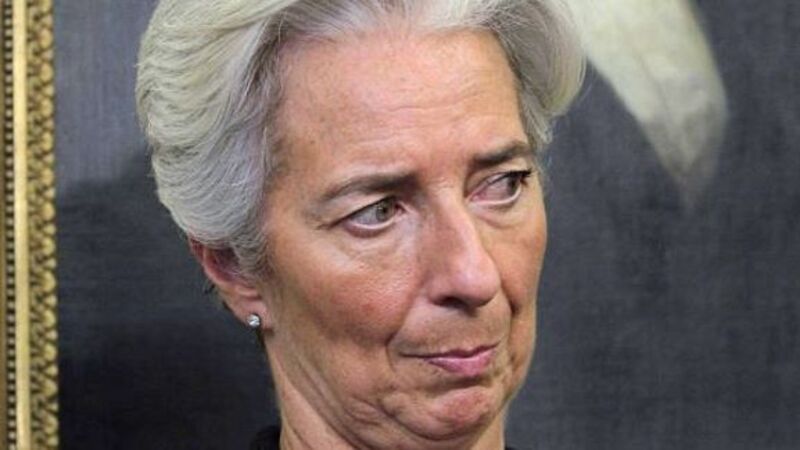Greek deal will not mean rate cut for Ireland: Hayes

Ireland’s focus is now on re-engineering the Anglo Irish promissory notes, with Taoiseach Enda Kenny visiting German chancellor Angela Merkel in Berlin and the Italian prime minister Mario Monti in Rome later this week.
With the Greek package out of the way, Ireland is expecting more attention to be paid to its need to reduce its debt, which is projected to reach 124% of GDP in 2014, described as the “very edge of sustainability” by Goodbody’s Juliet Tennent.
















